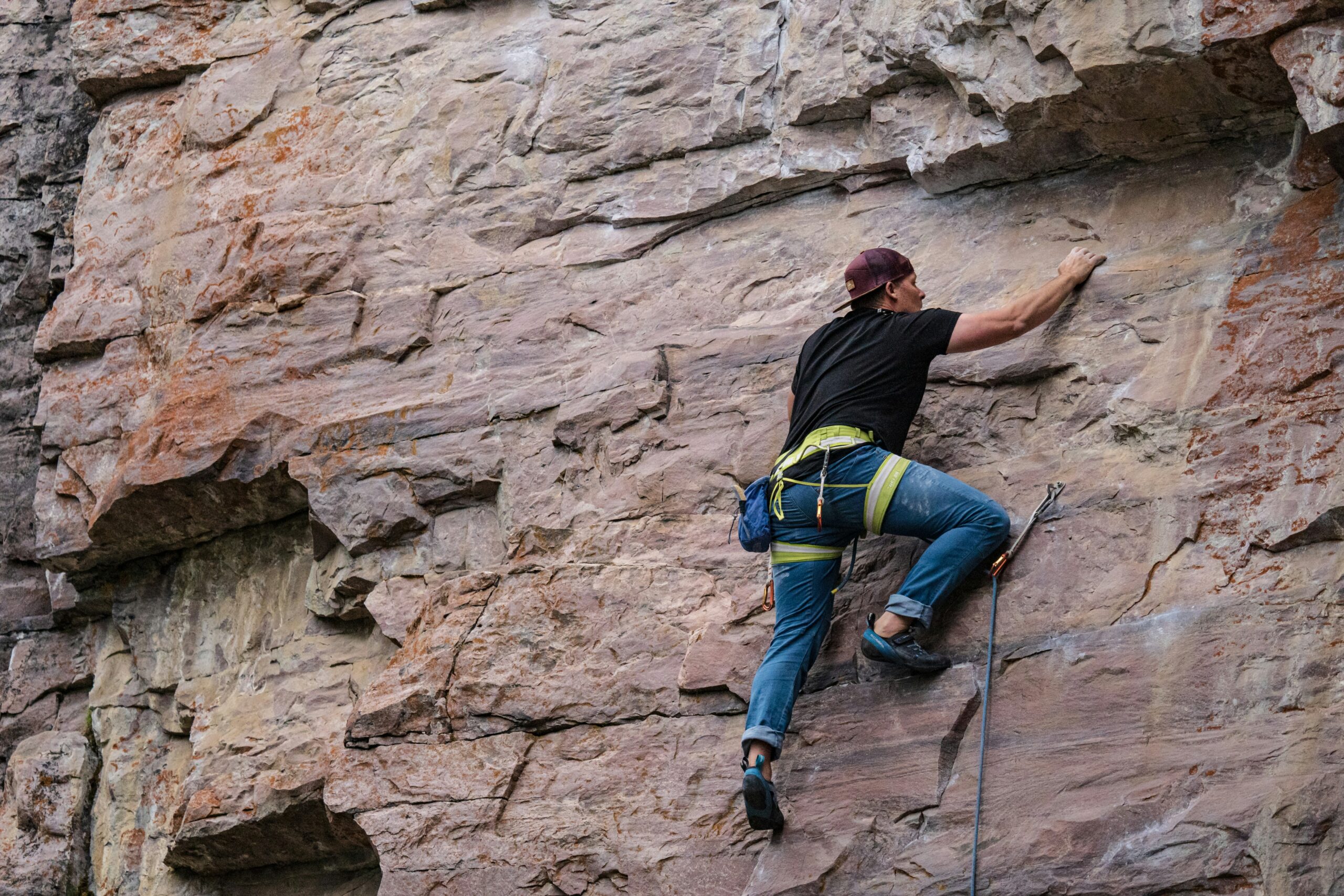
Rock climbing is more than just a daring sport or a breathtaking adventure—it’s a dynamic teacher of discipline, strategy, and mental clarity. Beneath its rugged exterior lies a meticulous process that demands careful planning, deliberate action, and unwavering focus. Whether scaling a granite face or navigating life’s metaphorical cliffs, the lessons from rock climbing offer practical insights into how precision and process can elevate performance in any field.
The Value of Intentional Movement
In rock climbing, every movement counts. There’s no room for wasted energy or careless actions. Climbers quickly learn that flailing or rushing leads to fatigue and failure. Each grip, step, and shift in balance must be calculated. This intentionality teaches the value of measured progress—an essential mindset for any task that demands excellence.
Translating this into everyday life or work, one realizes the importance of doing things with purpose. Haphazard efforts lead to burnout and inefficiency. Rock climbing reinforces the principle of thoughtful engagement: do less, but do it better. By focusing on one deliberate move at a time, climbers build momentum and stability—just as professionals do when approaching projects with clarity and intention.
The Art of Route Reading and Planning
Before a climber touches the wall, they spend time reading the route. This process—often called “beta reading” in the rock climbing world—involves mentally mapping the path, anticipating difficulties, and identifying critical holds. It’s a mental rehearsal, not unlike preparing for a presentation, designing a strategy, or managing a complex workflow.
Planning is essential. Climbers understand that reaching the top isn’t just about brute strength; it’s about solving a puzzle in advance. Similarly, successful execution in business, design, or engineering often stems from careful preparation. Rock climbing teaches that clarity before action saves time, reduces risk, and increases the chance of success.
Moreover, route reading builds adaptive thinking. Even with the best-laid plan, the wall might feel different from what was expected. Conditions shift, grips may be slicker, or fatigue might hit sooner. Climbers must constantly reassess and pivot—skills equally vital in fast-paced industries and unpredictable markets.
Trusting the Process, Not Just the Outcome
It’s easy to become fixated on the summit. But in rock climbing, the process often matters more than the peak itself. Hours of practice go into refining technique, building strength, and nurturing mental resilience. The best climbers fall usually—and learn from each slip.
This mindset counters a culture obsessed with instant results. Rock climbing teaches patience. Mastery takes time, and improvement is rarely linear. By embracing failure as feedback, climbers cultivate growth. They know that the best version of themselves isn’t built at the top, but during the climbs that challenge them the most.
Professionals who internalize this lesson can better weather setbacks. Instead of rushing success, they focus on refining their process, making thoughtful improvements, and growing steadily. In doing so, they build a foundation that supports sustainable achievement. This philosophy, deeply embedded in rock climbing, becomes a model for success in all areas of life.
Precision Over Power
While rock climbing may appear to be a feat of sheer strength, it’s a sport of finesse. Beginners often try to muscle their way through routes, only to discover that power alone is insufficient. Actual skill is precision—using balance, momentum, and small, exact movements to conserve energy and move efficiently.
This lesson resonates deeply in fields where accuracy trumps speed or force. Software development, surgery, architecture, and writing all demand precise execution. Mistakes can be costly, both in time and outcomes.
Rock climbing trains the body and mind to value control. A well-placed toe or a gentle grip often does more than a full-body heave. In the same way, thoughtful decisions, well-crafted messages, and meticulous design lead to better results than hurried or aggressive tactics. Precision is not only elegant—it’s effective.
Mental Fortitude and Focus Under Pressure
Fear is part of the climb. Whether it’s the fear of falling or the anxiety of a difficult move, rock climbing teaches climbers to breathe through the tension and stay present. Panic leads to poor decisions, but calm attention guides success. This ability to manage pressure and maintain focus is one of rock climbing’s most powerful teachings.
The parallels in professional life are unmistakable. Tight deadlines, high-stakes meetings, and moments of crisis all demand composure. Rock climbing trains a person to stay grounded in the moment, to think clearly when the pressure rises, and to take the next step—even when the top seems far away.
Mental fortitude is not about eliminating fear but mastering it. Climbers develop techniques to stay focused: breath control, visualization, and positive self-talk. These same techniques serve leaders, creators, and innovators navigating uncertainty and challenge. The ability to reset, refocus, and move forward becomes a cornerstone of resilience.
At its core, rock climbing is a blend of physical challenge and mental discipline. It teaches the irreplaceable value of process over perfection, precision over force, and presence over panic. While few may ever hang from a cliffside in real life, everyone faces mountains in their own way. By adopting the principles learned on the wall—intentional action, thorough planning, trust in the process, precise execution, and calm under pressure—anyone can scale new heights with confidence and grace.
Whether you’re a seasoned climber or someone who’s never touched a wall, rock climbing offers a powerful metaphor for progress. Every climb reminds us that greatness doesn’t come from rushing upward but from choosing each step with clarity, commitment, and courage.